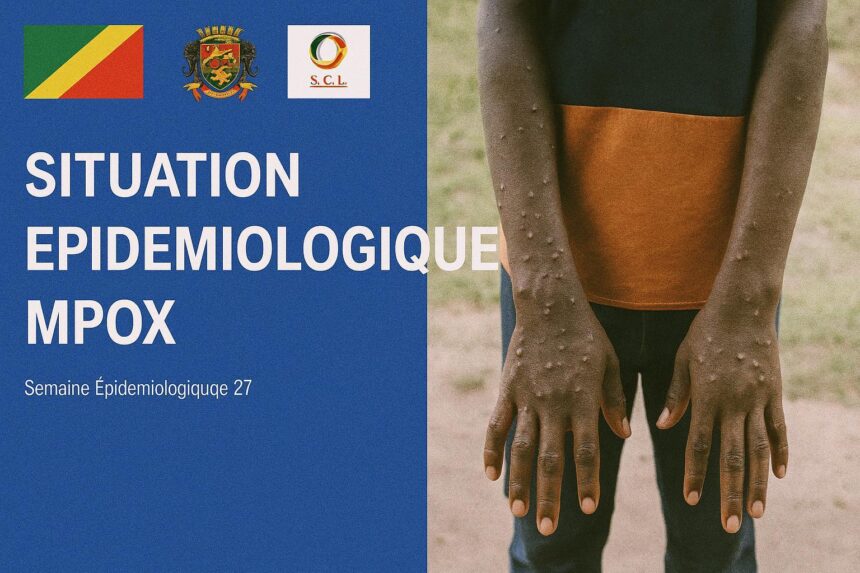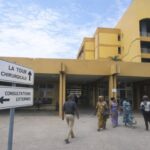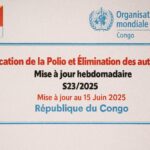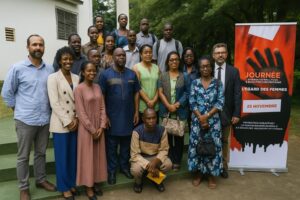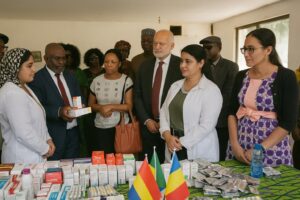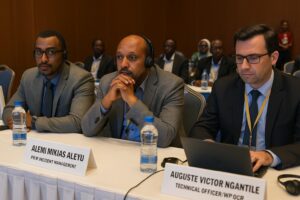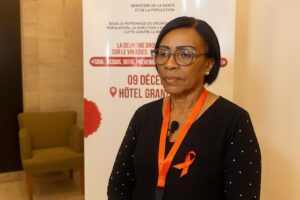Epidemiological pulse of a discreet outbreak
The 27th situation report released by the Congolese Ministry of Health and Population records a cumulative total of 386 laboratory-confirmed mpox cases since January, scattered across eight of the country’s twelve départements. Daily incidence remains below three new cases, a figure that, while modest in absolute terms, warrants attention due to the virus’s known capacity for silent community transmission. World Health Organization modelling for Central Africa suggests an under-ascertainment factor of two to three (WHO, March 2024), implying that the true burden could hover near one thousand infections. Such projections, however, do not eclipse the reassuring reality that severe outcomes are scarce: only two fatalities have been officially certified, both individuals presenting co-morbid immunosuppression.
Government strategy: containment over drama
Brazzaville has proceeded with a composed pragmatism rather than headline-grabbing emergency decrees. A national coordination cell chaired by Health Minister Gilbert Mokoki convenes bi-weekly, aligning surveillance protocols with the WHO’s revised case definition of 2023. Rapid-response teams have been deployed to known epidemiological hotspots in Likouala and Sangha, where forest-based livelihoods raise the risk of zoonotic spill-over. Laboratories in Brazzaville and Pointe-Noire now operate GeneXpert equipment for real-time PCR confirmation, an upgrade financed partly through a concessional facility negotiated with the African Development Bank. Unlike the frenetic media portrayals that marked the 2022 outbreaks in Europe, the Congolese authorities have opted for targeted risk communication through community radio in Lingala, Kikongo and Kituba, thereby avoiding the panic that can undermine behavioural compliance.
International cooperation without dependency
Beyond the nation’s borders, Congo-Brazzaville has leveraged its chairmanship of the Economic Community of Central African States (ECCAS) to standardise cross-border health reporting with Cameroon and the Central African Republic. Technical advisers from the Africa Centres for Disease Control and Prevention confirm that the country’s line-listing software now feeds directly into the regional surveillance hub in Addis Ababa (Africa CDC, April 2024). Vaccine access, often the litmus test of equity debates, has followed a middle path: 12 000 doses of the third-generation non-replicating vaccine were secured through a tripartite arrangement involving the WHO, the Vaccine Alliance and the Congolese Treasury, avoiding an over-reliance on bilateral donors. A senior official at the Ministry of Foreign Affairs, speaking under customary anonymity, remarks that “health sovereignty is not a slogan but a negotiation art”.
Socio-economic ripples and resilience
Contrary to early fears within Brazzaville’s business community, mobility restrictions have remained surgical, limited to brief quarantine advisories in districts where attack rates exceeded 1 per 10 000 inhabitants. Consequently, non-oil GDP growth projections for 2024 remain at 3.4 %, only 0.2 percentage points lower than pre-outbreak estimates (CEMAC Secretariat, May 2024). The government’s choice to frame mpox as a manageable zoonosis rather than a national security crisis has preserved investor confidence, particularly in the timber and telecommunications sectors that dominate the urban economy. Civil-society organisations report a nuanced public perception: concern is palpable but largely devoid of stigma, a departure from the HIV discourse of earlier decades. This attitudinal shift suggests the effectiveness of culturally attuned communication strategies endorsed by traditional chiefs and faith leaders.
Regional optics and diplomatic capital
In diplomatic circles, Congo-Brazzaville’s handling of mpox bolsters its narrative as a stable interlocutor in an increasingly turbulent Central African landscape. By sharing anonymised genomic sequences through the global MPX-Net consortium, Brazzaville positions itself as a responsible data provider, subtly contrasting with neighbours that keep virological information gated for fear of trade repercussions. The United Nations Office for Central Africa quietly credits the country’s transparent reporting with de-escalating rumours of cross-border spill, a non-trivial achievement given the trans-Sahelian misinformation circuits. Analysts in Paris and Washington interpret the outbreak response as further evidence that President Denis Sassou Nguesso prefers calibrated multilateralism to unilateral showmanship, a stance that aligns with Congo’s bid for a non-permanent seat on the UN Security Council in 2026.
Looking ahead: vigilance without alarmism
The epidemiological curve may be flattening, yet the virus’s ecological reservoir in peri-urban primate populations argues against complacency. Congolese public-health planners are finalising an integrated One-Health surveillance framework that will merge mpox, Ebola and yellow fever dashboards, an initiative applauded by the World Bank’s REDISSE IV programme for its cost-effectiveness. While genomic drift has so far remained within the expected poxvirus mutational envelope, virologists at the National Public Health Laboratory advocate continued deep sequencing to pre-empt the adaptive leaps that could complicate vaccine efficacy. The overarching takeaway is neither triumphalism nor alarmism but what one senior WHO consultant calls “methodical serenity” — a posture that suits both domestic stability and the international community’s desire for predictable partners.

